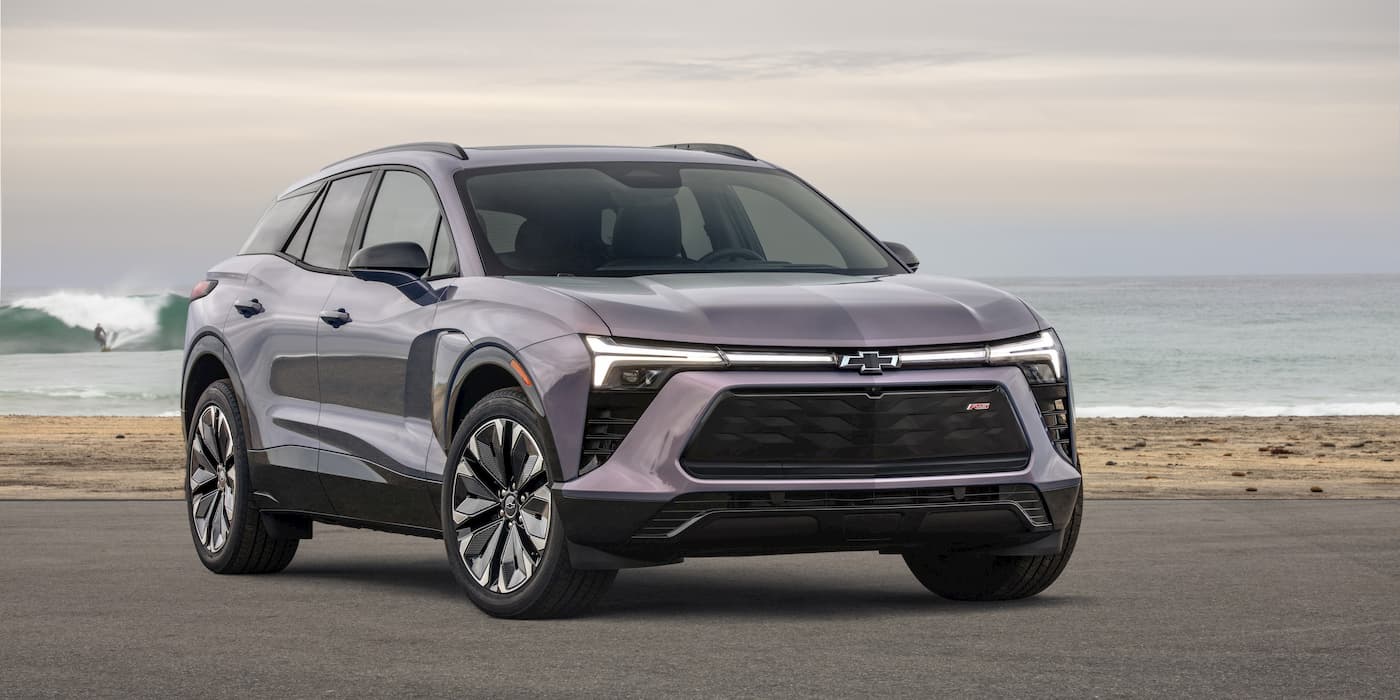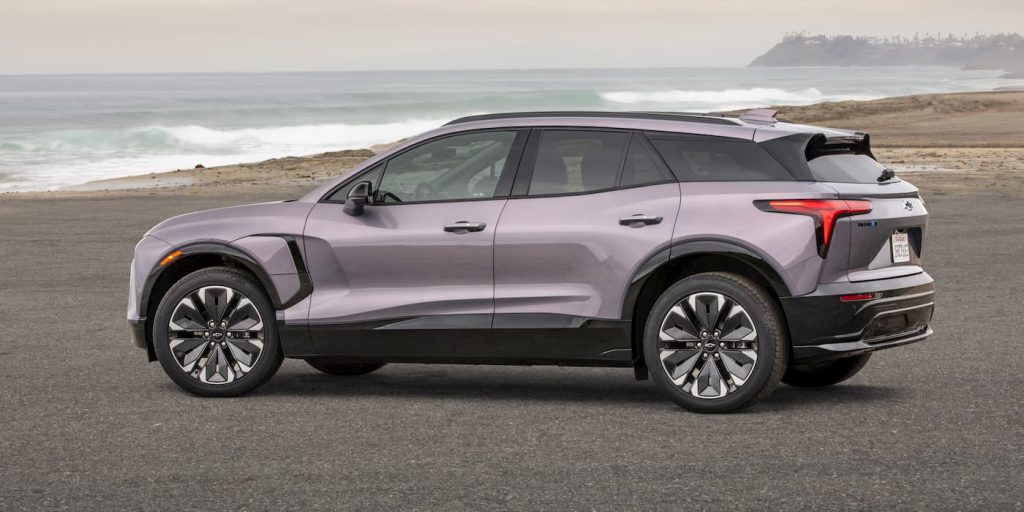
GM has revealed that the new Chevy Blazer EV and Cadillac Lyriq are expected to lose eligibility for the EV tax credit starting January 1. According to GM, the disqualification is only temporary due to minor components.
2024 Chevy Blazer EV, Lyriq to lose tax credit eligibility
GM said the temporary setback is due to “two minor components.” According to Reuters, GM has already initiated plans to source qualifying parts starting early next year.
Despite the loss, GM said all other EVs under the price cap will still qualify. The automaker expects the Blazer EV and Lyriq will regain EV tax credit eligibility in early 2024, but no specifics were mentioned.
Although production of the current Chevy Bolt EV is ending, GM said that on January 1, it will be the only model eligible for the IRA tax credit.
GM’s other EVs, including the GMC Hummer EV, start well over the $80,000 EV tax credit threshold. The 2024 GMC Hummer pickup and SUV will cost you at least $96,550.
Upcoming EVs, including the electric Chevy Equinox, Silverado EV, GMC Sierra, and Cadillac OPTIQ, built after the sourcing change, are expected to receive the full $7,500 incentive.

The news comes as several automakers have made similar announcements. Ford told dealers that it expects its Mustang Mach-E also to lose eligibility.
Although Ford was “awaiting finalized requirements,” given the new rules, “it is unlikely that any Mustang Mach-E will qualify” come January 1.
The automaker didn’t explain why, but it’s likely due to its ties with CATL for LFP batteries. Qualified customers are still eligible for a $3,750 credit until the end of the year.

Ford’s F-150 Lightning will keep its $7,500 eligibility for models under the limit. Meanwhile, The E-Transit is set to lose its $3,750 credit.
Tesla said that its Model 3 RWD and Long Range models will lose the credit at the end of the year. Meanwhile, a loophole allows dealers to pass the $7,500 credit on to EV buyers through leasing.
Electrek’s Take
The expected changes come as more restrictions will go into effect. Starting January 1, EVs with battery components from “foreign entity of concern,” including China, will lose eligibility.
In 2025, the rules will get even more strict. The IRA was introduced to draw manufacturing and EV investments to build a reliable supply chain in the US.
According to the White House, private companies have invested $152 billion in EVs and batteries, with another $74 billion going toward clean energy.
FTC: We use income earning auto affiliate links. More.




Comments